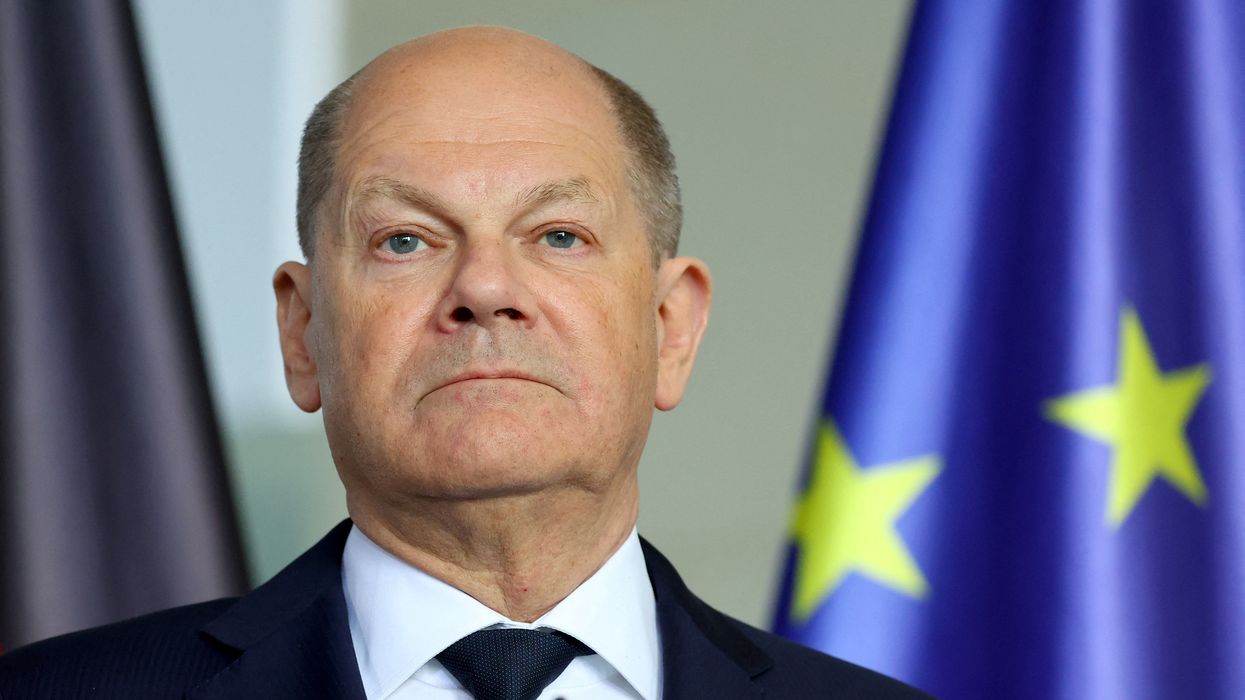Germany just changed its voting rules because leaders are terrified of rise of right wing parties

Olaf Scholz just changed the voting rules for European Parliament elections
|GB News
Germany have changed the voting age for European Parliament elections
Don't Miss
Most Read
Germany has lowered the voting age ahead of the European parliamentary election in June to 16.
In a bid to halt the rise of the far right in Germany around 4.8million young Germans plus 300,000 young people from other EU countries who live in Germany will be allowed to vote.
Austria, Belgium and Malta have already allowed 16 and 17 year olds to vote and now Germany is following suit.
The German government will be hoping that young voters will turn out for the European elections, after the 2019 elections saw a significant rise in young voters.GB News presenter Darren Grimes took to social media to voice his concern over the move.
He said: "Ahead of the European parliament elections in June, Germany has lowered the age limit on participation to 16. That’s how desperate they are to avoid a move to the right. Enlisting the help of children."
Data shows 15-24 year olds have a more positive view of European politics while the majority see the EU as being a good thing for Germany. While 84 per cent see the benefits of Brussels to the country.
However the plan may backfire for Germany as AfD are heavily targeting the younger generation and are breaking through on TikTok.
AfD is the Germany political party with the most like on TikTok and has a strong following.
According to a recent poll, Jugend in Deutschland 2024 (Youth in Germany 2024), some 22 per cent of young people aged 14 to 29 would vote for the AfD.
Meanwhile German prosecutors ordered a search of the Brussels offices of a member of the European Parliament for Alternative for Germany after an aide was arrested in Germany last month on suspicion of espionage for China.
The case of the aide to Maximilian Krah has fueled concern about Europe being a target for Chinese spying activities.
Germany last month also arrested three people over funnelling sensitive technology to China for military purposes.
Beijing has denied the accusations of espionage in Europe.










